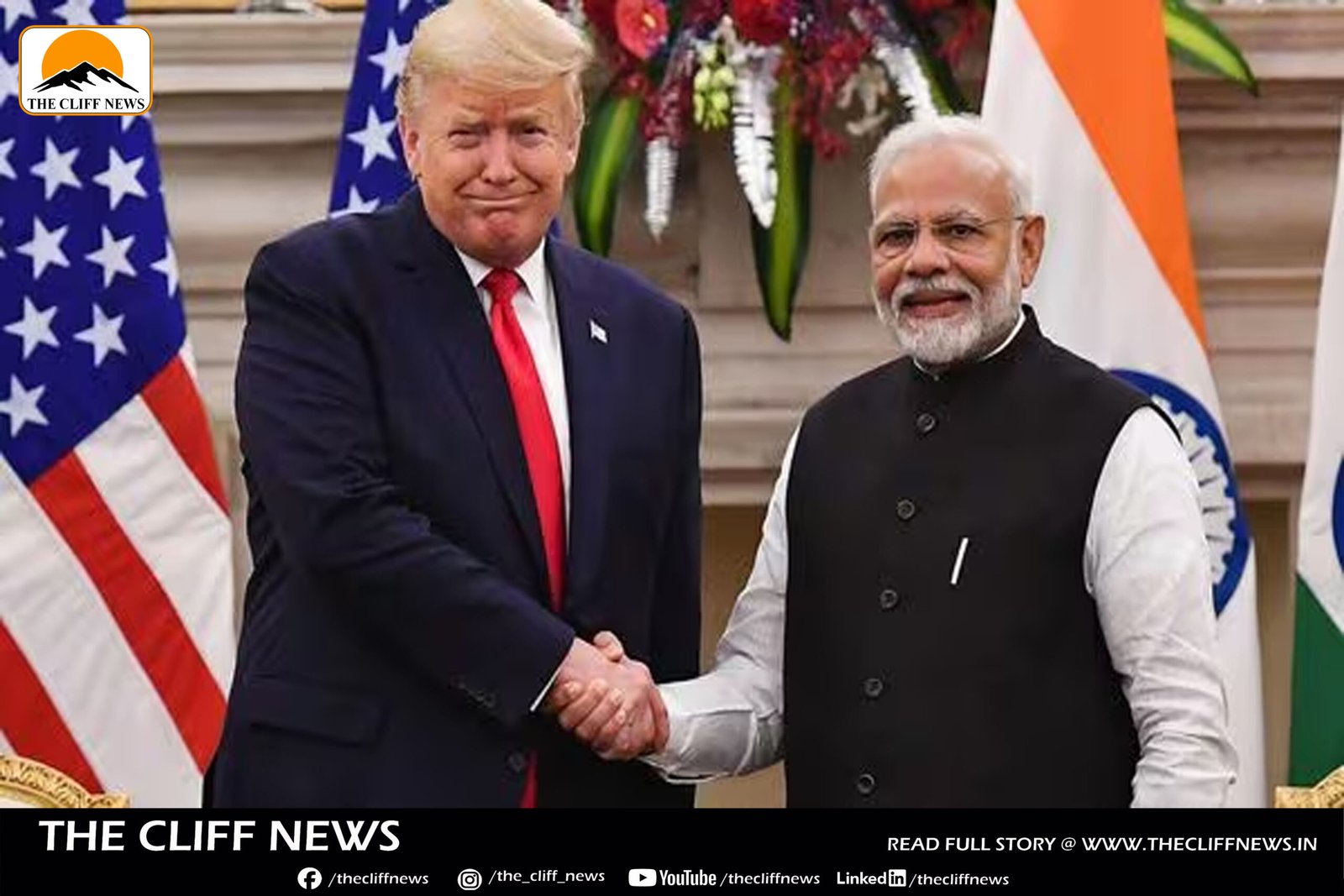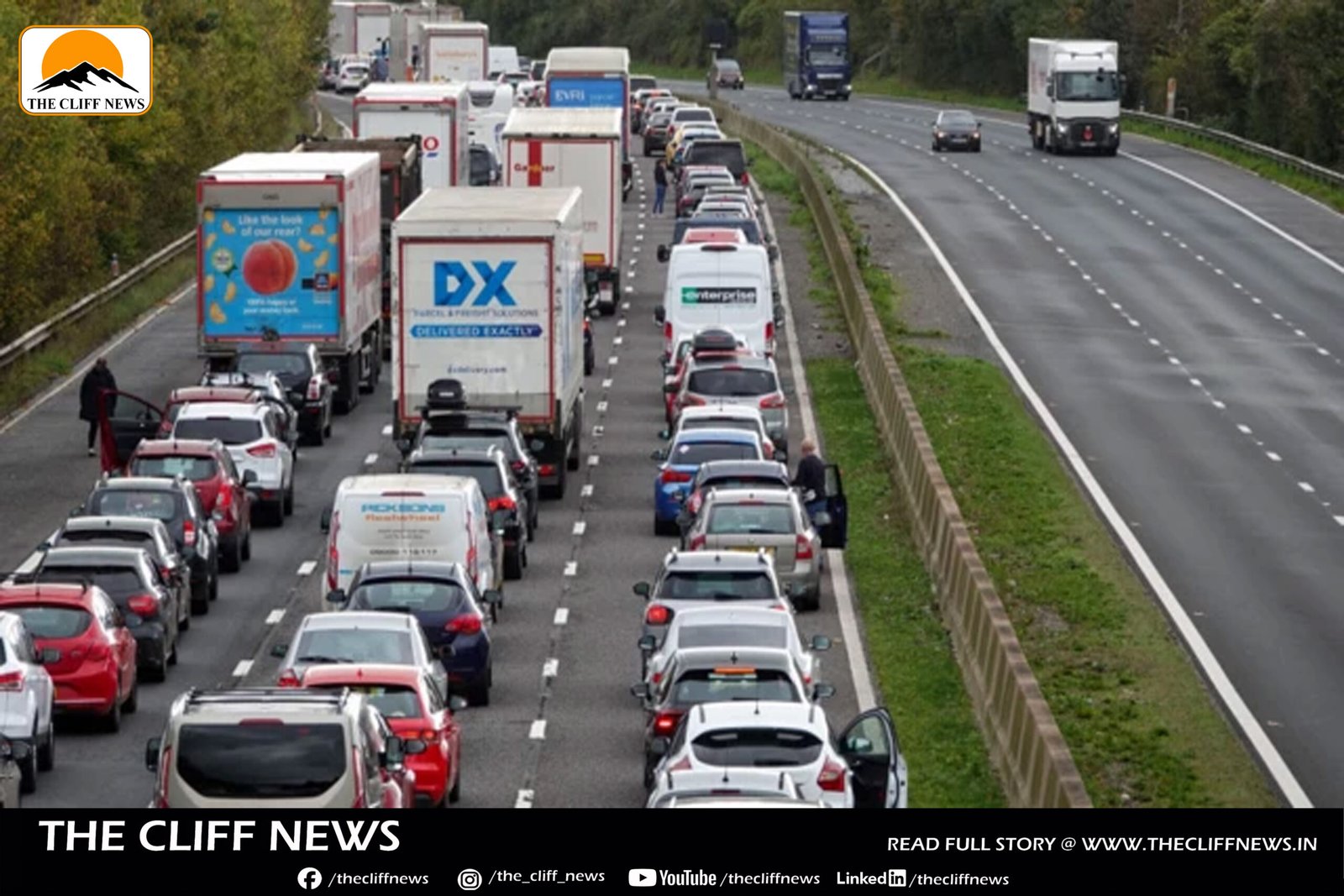On Tuesday, May 6, former U.S. President Donald Trump made a striking claim that India has agreed to reduce its tariffs to zero, attributing the breakthrough solely to his administration’s efforts. Speaking from the Oval Office, Trump stated, “They’ve already agreed. They would have never done that for anybody else but me,” emphasizing what he called a personal diplomatic success.
Highlighting India’s historically high tariff structure, Trump asserted, “India, as an example, has one of the highest tariffs in the world… and they’ve agreed already to drop it. They’ll drop it to nothing.” He presented the move as a direct outcome of his tough stance in trade negotiations.
However, there has been no official confirmation from the Indian government on Trump’s claims. Indian officials have so far remained silent, and no formal documentation or joint statement has supported Trump’s remarks.
Adding context to the statement, U.S. Treasury Secretary Scott Bessent last month said that the Trump administration was “very close” to finalizing a trade agreement with India. He pointed out that India was comparatively easier to negotiate with, given its high tariff levels. Bessent also referenced the visit of Vice President Vance to India, suggesting progress had been made during talks with Prime Minister Narendra Modi.
The trade relationship between the two nations has experienced multiple highs and lows under Trump’s leadership. Notably, on April 2, Trump announced a 26% reciprocal tariff on Indian goods, part of a broader strategy during his global trade war. However, the tariff was suspended for 90 days, providing a temporary reprieve to nations affected by the escalating trade tensions.
While Trump’s bold claim on tariff reduction adds a new twist to the ongoing U.S.-India trade narrative, observers await official confirmation from New Delhi to assess the veracity and implications of this potential development.



